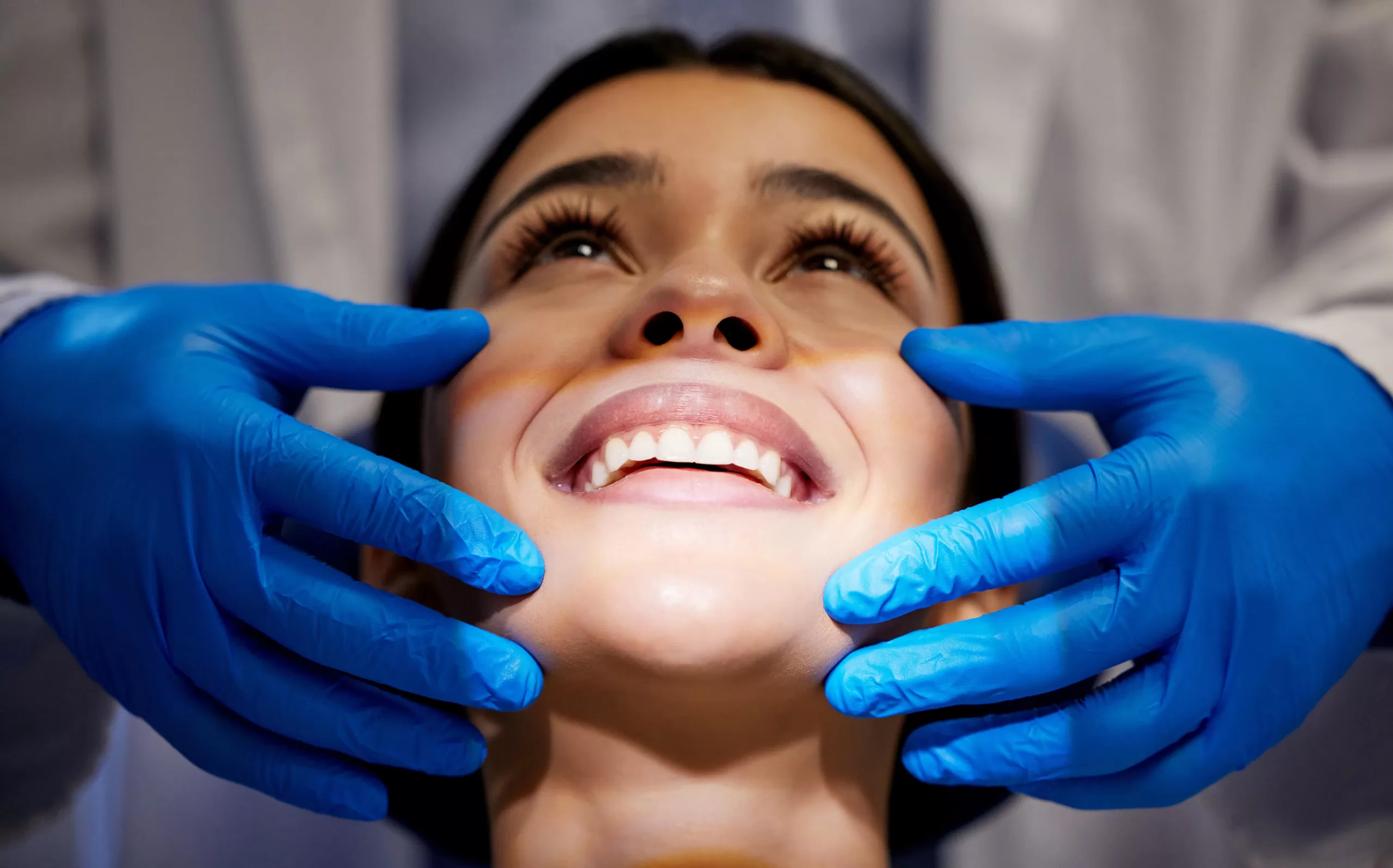JAW SURGERY
It is a branch that includes the diagnosis and surgical treatment of all kinds of disorders involving the soft and hard tissues in the oral cavity.
ORAL AND MAXILLOFACIAL SURGERY OPERATIONS
It is a department that performs the diagnosis and surgical treatment of all kinds of disorders involving soft tissues (such as cheeks, palate, tongue, lips) and hard tissues (teeth, bones) in the oral cavity by performing operations in the operating room environment under local anesthesia, general anesthesia or sedation anesthesia.
Abscess and Cyst Operations,
Wisdom Tooth Extraction,
Implant Treatment,
Tooth Extraction
SITUATIONS WHERE ABSCESS AND CYST OPERATIONS ARE PERFORMED;
It is applied in cases where canal treatment cannot be performed completely due to the structure or deformity of the tooth root, and in cases with cysts in the tooth root.
WISDOM TEETH AND EXTRACTION;
The last teeth in our mouth are wisdom teeth. Since they usually erupt in the twenties, they are also called by this name or wisdom teeth. In some people, there is no congenital wisdom tooth formation. Therefore, wisdom teeth never erupt in these people. However, sometimes these teeth cause eruption problems even though they are formed.
SHOULD EVERY IMPACTED WISDOM TOOTH BE EXTRACTED?
Not all impacted wisdom teeth need to be extracted, but partially erupted wisdom teeth can easily decay because they cannot be cleaned easily and cause bad odor in the mouth. Wisdom teeth that remain completely in the bone and cannot erupt can lean against the roots of the second molar right next to them and damage that tooth over time or sometimes form cysts around them. If such teeth become infected and cause pain and abscess, they should be extracted immediately.
WHAT ARE THE REASONS FOR WISDOM TOOTH EXTRACTION?
The most important reason for removing impacted wisdom teeth is to protect gum health. Another reason is to prevent tooth decay. When the impacted wisdom tooth is fully or partially impacted, the bacteria that cause tooth decay can cause decay in the impacted tooth as well as in the neighboring 2nd molar. In this case, tooth extraction is required to prevent decay. During orthodontic treatment, the presence of 3rd molars may cause problems. In this case, it is recommended to surgically remove the impacted 3rd molars before starting orthodontic treatment.


